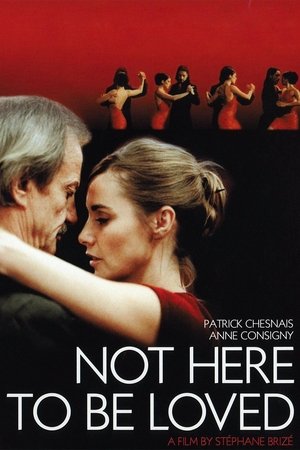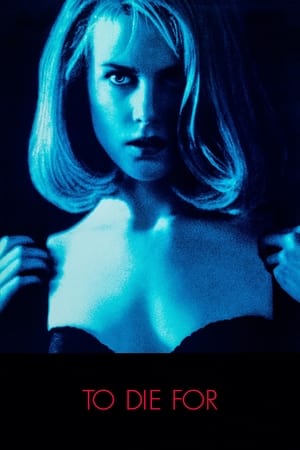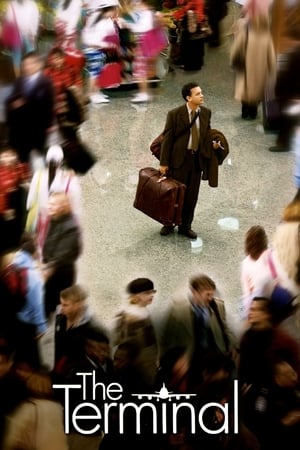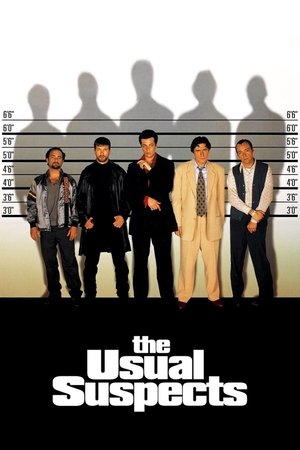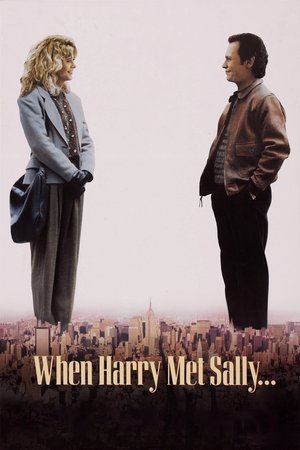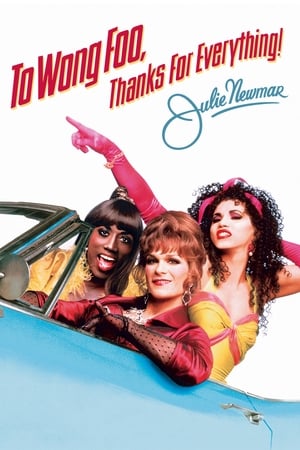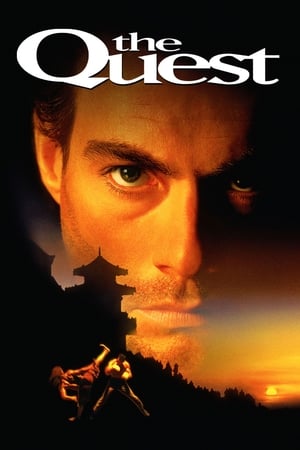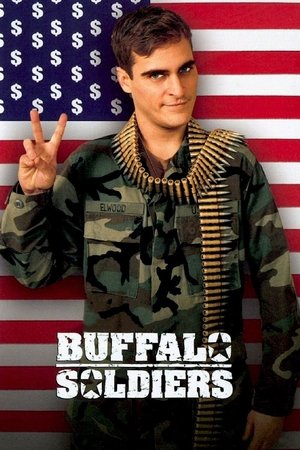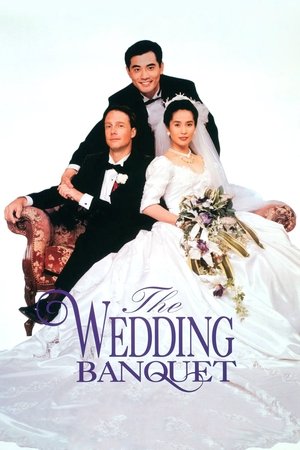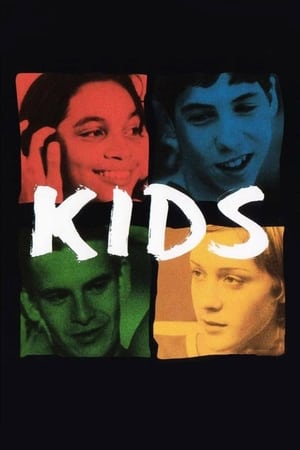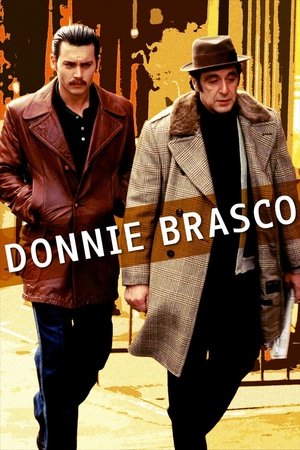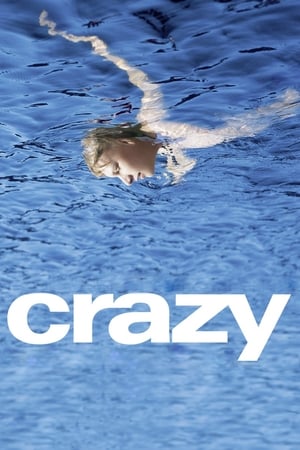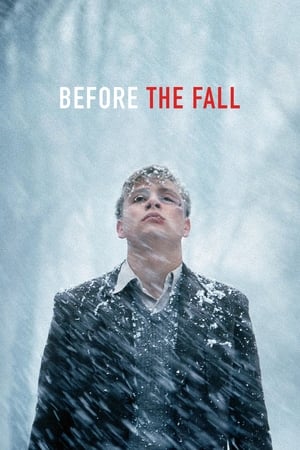Overview
Charlie Simms is a student at a private preparatory school who comes from a poor family. To earn the money for his flight home to Gresham, Oregon for Christmas, Charlie takes a job over Thanksgiving looking after retired U.S. Army officer Lieutenant Colonel Frank Slade, a cantankerous middle-aged man who lives with his niece and her family.
Reviews
Another one of those movies that I watched after it first was released but have only recently watched again. I must say I probably thought more of it some 30 years ago. Nothing against the actors. I think they all did a credible job. I just think two and a half hours was too long to spend with the Colonel (oops, sorry, Lieutenant Colonel).
Even Slade himself admits that he has always been a screw-up, and it seems since the incident that led to his blindness he has gotten much worse, and suicidal to boot. Fair enough, at times he did seem to be a waste of skin, so suicide was a viable option.
Lt. Colonel Frank Slade can be casually insulting or verbally abusive to any person that enters his orbit: friend or foe, family or stranger, it doesn’t matter. And he can be physically abusive for provocations that we mere mortals learn to swallow in silence or with some modicum of class. Yes, that is his style, but wait. That applies to men only, it seems. With women, whom he magically knows are attractive by their smell despite his blindness, he is courtly, charming, respectful with only occasional lapses of lewdness.
So if he can be a normal human with attractive women, what is his problem with everyone else? Well, of course it doesn’t matter, because he is larger than life and the centerpiece of the movie. All of his moods and actions lead up to a speech he delivers at the end of the film, words that prove he is the hero of the movie. I would like to think that his time spent with Charlie was transformative for him and led to real character growth, but really, I don’t think that anything short of miraculously regaining his sight would have achieved that happy result.
"Charlie" (Chris O'Donnell) is a hard-up student at the posh Baird prep. school where his bursary-funded status sees him looked down upon by many of his fellow, silver-spooned, colleagues. Their rather pompous principal "Trask" (James Rebhorn) is the victim of a rather messy and humiliating prank, and convinced that "Charlie" and his rather spineless pal "George" (Philip Seymour Hoffman) know whodunit, he decides to convene a meeting of the entire school to force confessions from the boys. Meantime, and always hard up for cash, "Charlie" is offered a job babysitting a blind man. Boy, is he in for a shock! His introduction to "Lt. Col. Slade" (Al Pacino) certainly opens his eyes. This man is a bully, not really any other word for it. He lost his sight fighting for his country, and initially appears as little better than an intolerant and foul-mouthed thug with quite a superiority complex and a penchant for bourbon. "Slade" and his new helper are destined for a luxury trip to New York for Thanksgiving. First class flights, a suite in the Waldorf and a $28 burger turn the young man's head but no so much as the confession his employer makes as to the purpose of the trip. What now ensues does follow a rather predictable path, but it's really the two characterisations that shine here. Pacino has, arguably, the easier part to play. His being the stronger, more forceful role as the epitome of the obnoxious. It's O'Connell who has to tread on the eggshells as he must reconcile his need for the cash, his dread of what awaits him back at school and a growing interest in this man of contradictions. By going to extremes so often, "Charlie" (and the audience) are introduced to a man who has standards he feels are long gone. Loyalty, dignity and maybe most of all - integrity. It's those virtues that he hopes to see in his companion - but will he? We are treated to a well written and delivered tour-de-force from Pacino here in what I think is easily his most emotional and visceral performance, and O'Donnell works well as the shy, introspective foil with whom he fences on an increasingly less one-sided basis. A disastrous trip to his family for turkey lunch is tempered by one of the best performed tangos you're ever likely to see on screen - and I found 2½ hours just flew by in a compelling and enthralling fashion. New blood in old veins, or vice versa, or both?

 156 min
156 min
 7.779
7.779
 1992
1992
 USA
USA
 Peter McGinn wrote:
Peter McGinn wrote:
